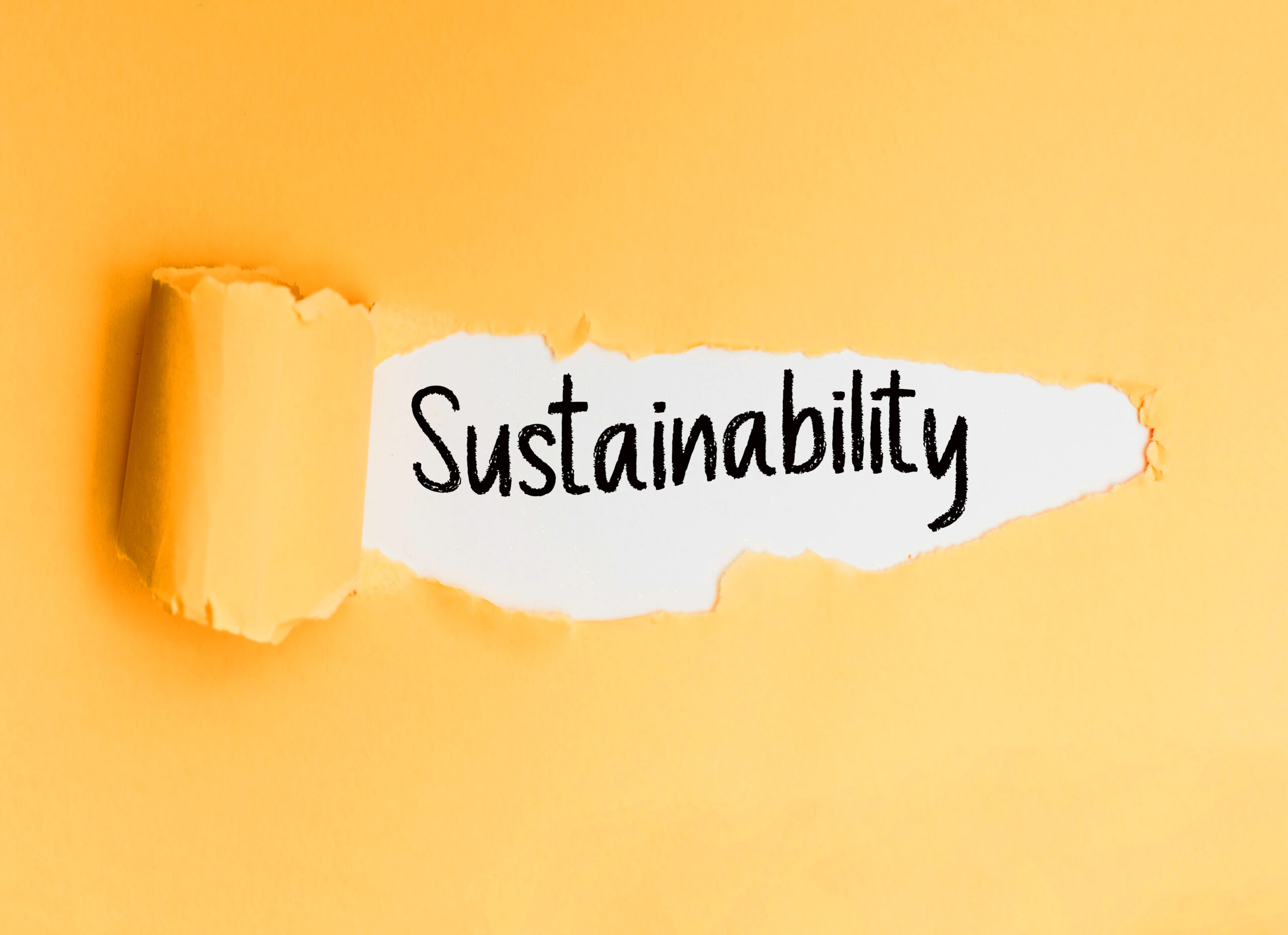VIENNA – The socio-economic policy of the EU member states towards the Western Balkans is not long-term oriented, thus policy shifts should be made in order to make it more sustainable, claims the newest Policy Brief “Making the EU and member states policy towards the Western Balkans socio-economically more sustainable“, published within the “WB2EU” network.
The Policy Brief recalls that the goal of the European Union’s Western Balkans enlargement policy is to support the countries’ efforts to meet the Copenhagen Criteria, thus promoting democratic reforms, good governance, and economic transformation as a precondition for EU membership. However, the EU is criticized for prioritizing its economic policies over its social component, nevertheless. Although it remains within the jurisdiction of the member states, the EU’s lack of a social protective role leads to the alienation of growing segments of the European population that expect greater social protection from the EU.
“Seen from the Western Balkans, labour migration towards the EU member states is a double-edged sword, as the region on the one hand profits from substantial remittances, on the other hand, suffers from severe human capital losses,” notes the Policy Brief.
According to the author, Western Balkan countries have been working hard since the 1990s to catch up to the level of social and economic development of the pre-war period. Moreover, the COVID-19 pandemic and the global financial crisis in 2007–2008 have both had a devastating impact on the region. Moreover, as a consequence of Russia’s war against Ukraine and a new economic and social crisis is swapping Europe including the Western Balkans.
“The region is strongly dependent on the EU, and as was visible in the previous crisis, the impact will correlate with the scale of the economic crisis within the EU,” highlights the Policy Brief.
The author explains that a special case of such socio-economic interdependency is the labour migration between EU member states and the region. It is based on a demand side from within the EU and its member states in various degrees. There is also a push/factor from youth, highly skilled but unemployed workers that seek to improve their living conditions by emigrating to the EU.
“At first, this looks like a win-win situation, with both parties profiting from labour migration. However, emigration puts enormous (hidden) costs on the Western Balkan countries, both in terms of the investments in the education of people that have left and the negative impact the resulting lack of skilled workers has on economic development in the region,” states the Policy Brief.
The long-term prospects are dire and should not serve the EU’s interests because it obstructs the region’s genuine and sustainable economic and democratic development. It adds that the promotion of circular migration of skilled individuals who have left the region to work in the EU-27 should be a priority in order to make emigration from the Western Balkans less expensive and more sustainable.
“Looking at the EU member states side, skills and mobility partnerships (SMPs) should become mandatory in their relations with the Western Balkan countries. These partnerships have a rather formalised level of cooperation, and include labour market stakeholders, such as trade unions, training institutes, and employers,” noted the Policy Brief.
In addition to providing technical assistance to encourage circular migration and knowledge transfer, a larger priority must be given to improving working conditions in the region.
The author recommends that the EU integration should not only be about institutional and economic transformation but also about social convergence, therefore the EU enlargement ‘toolbox’ needs to be reconfigured to encourage strategic social reform in the region. “This is especially important as the long-term stability and development of the region will be dependent on its prospects for social, economic, and democratic development”.
It concludes that the promotion of circular migration ensures retransfer of know-how and human capital to the region, reinforcement of the social dimension of the enlargement policy, and establishment of a credible enlargement perspective to improve the social and economic development outlook.
The Policy Brief is published in the framework of the WB2EU project. The project aims at the establishment of a network of renowned think-tanks, do-tanks, universities, higher education institutes and policy centres from the Western Balkans, neighbouring countries and EU member states that will be most decisive for the enlargement process and Europeanisation of the region in the upcoming years. The WB2EU project is co-funded by the European Commission under its Erasmus+ Jean Monnet programme.


